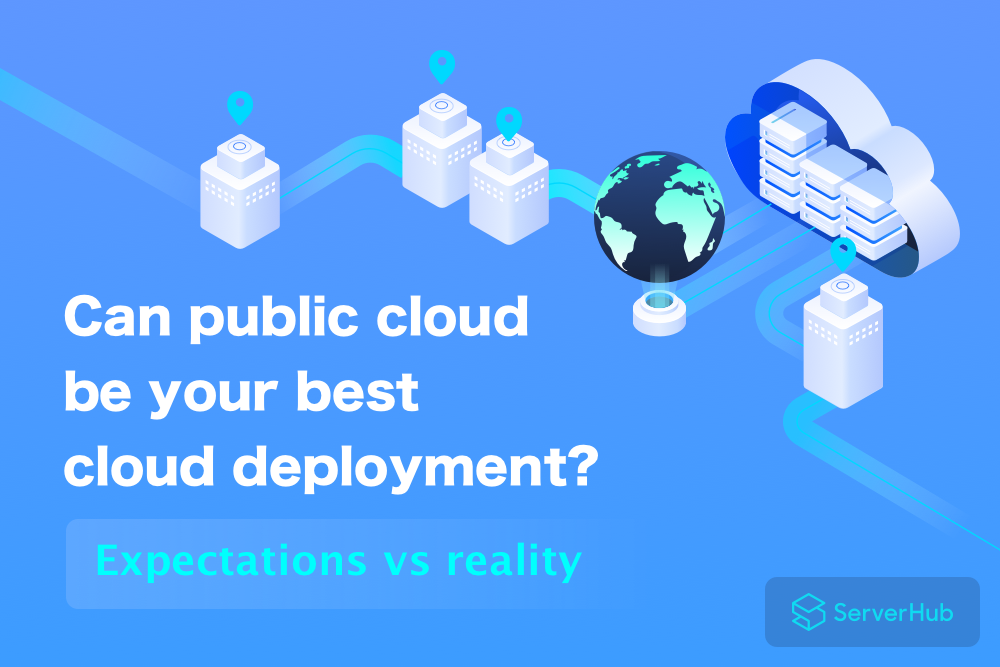Public cloud’s often on top of the list of cloud deployments, but is it really worth it?
Today, you and I aren’t just gonna shed some light on the basic needs but also take a behind-the-scenes look at the public cloud overall.
Public cloud explained
Simple enough, offering scalability/resource sharing that’s beyond a single organization’s ability, and making resources available online to the public, are a public cloud’s job.
Whether free or costly, these public resources vary from one provider to another, including applications, virtual machines, etc.
Obviously, the more resources you require, the higher the price gets. That’s why it’s advised to develop a wise strategy for vast amounts of data before choosing your cloud vendor.
Public cloud competitors
Unlike the private cloud that offers higher security due to earmarking specific users’ resources, or the hybrid cloud environment extends a private cloud to the public cloud to get the best of both worlds.
Public clouds don’t offer the same level of security or the same resources’ optimization enhancements, but cloud computing in general indeed has its benefits!
Public cloud distinguishments
Allowing you to scale at a near infinite rate without committing to expanding your physical IT infrastructure, public clouds will enable you to purchase a virtual desktop license and instantly locate it anywhere!
Also, public cloud data is backed up safely and is accessible from the same “anywhere†we mentioned earlier. Additionally, using the public cloud saves businesses money through lower costs for their purchase and maintenance equipment.
If you still need more, just wait till you know that the most significant -and most popular- providers like Microsoft Azure and Google Cloud Platform offer per-per-usage deals!
Per-per-usage deals grant organizations the ability to pay only for the resources they use, helping them to maintain and protect their budget.

Public cloud structure
As u must have guessed by now, public cloud architecture is completely virtualized.
Besides protecting your data, you can access a service or application on any internet-connected device.
Designed with built-in redundancies to prevent data loss, public clouds may be structured differently according to the type of service provided.
Here’re the most common 3 cloud service models in the market today.
Software-as-a-Service (SaaS): where a third-party provider hosts/makes the applications public and available over the internet. More like renting a house. It’s not yours, but you use it as it’s yours anyway. “Gmailâ€
Platform-as-a-Service (PaaS): where a third-party provider application development platform exposes them to customers over the internet. More like buying the tools needed to build your house yourself. “Microsoft Azureâ€
Infrastructure-as-a-Service (IaaS): where a third-party provider hosts servers and other virtualized resources online to customers. More like renting land that you can build your own house on, but you still need to have your own building equipment. “Google Compute Engineâ€
Bonus: everyhing-as-a-Service (XaaS): generally stands for services related to the cloud computing/remote access world. It represents the tools and technologies available to be delivered to users, paid or unpaid, over the internet.
Editor's choice: SaaS vs PaaS vs IaaS: The comprehensive guide
Public cloud beyond
Now that you’re perfectly aware of all the public cloud potential capabilities, it’s time you ready that updated deployment-goals sheet of yours, share it with any concerned party, and start the real brainstorming! On whether or not the public cloud is your best cloud deployment.
